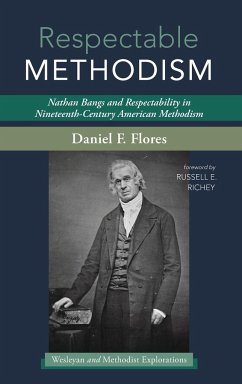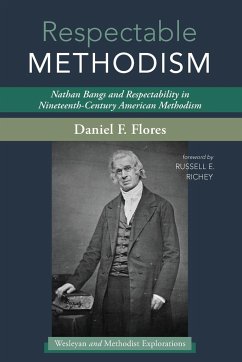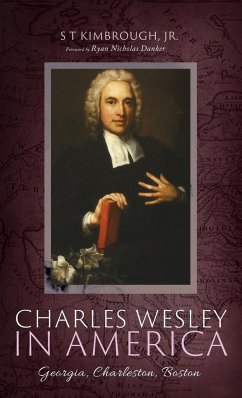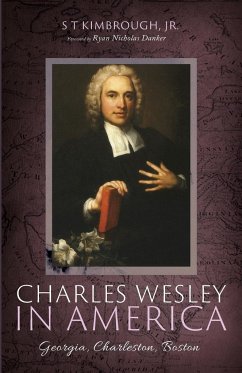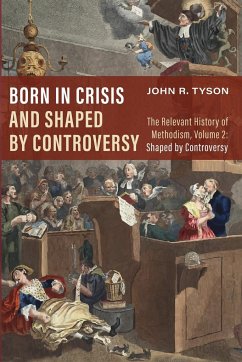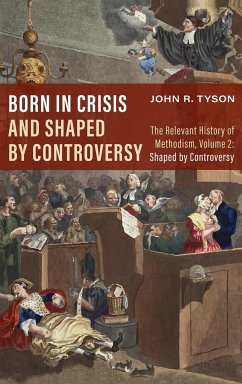The Wesleyan-Methodist movement entered American history as a fragment of British Methodism. It quickly took on a new identity in the early republic and grew into a vibrant denomination in the nineteenth century. The transitions from the rugged pioneer religion modeled by Bishop Francis Asbury to the urbane religion of industrial America was by design the goal of influential leaders of the Methodist Episcopal Church. Nathan Bangs was perhaps one of the most significant of such leaders. He rose from obscurity to the ranks of power and influence by refining patterns of worship, expanding denominational publishing, and structuring ministerial education. This study is concerned with the development of respectability in American Methodism. It also explores questions on how Bangs and other leaders dealt with in-house conflicts on issues related to race, slavery, and the poor.
Hinweis: Dieser Artikel kann nur an eine deutsche Lieferadresse ausgeliefert werden.
Hinweis: Dieser Artikel kann nur an eine deutsche Lieferadresse ausgeliefert werden.

